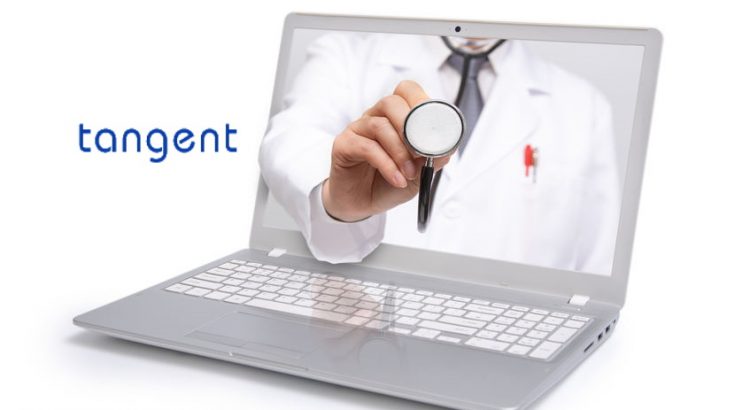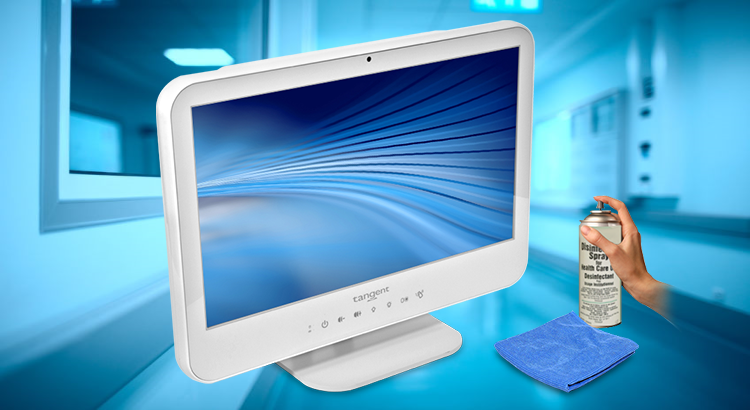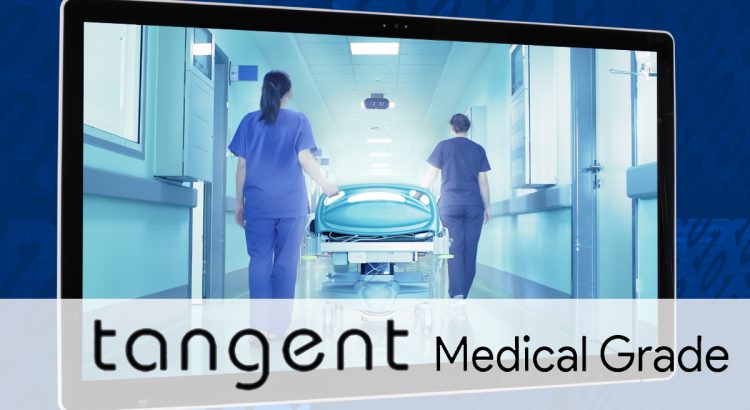There is a lot of talk about telehealth these days, and while it has been a vital tool during this pandemic, there have been other medical computer-based solutions that have been overlooked. One such solution is remote monitoring via medical computers, which can help hospitals continue to treat patients without putting them in harm’s way. […]
Tag: telehealth

Is Virtual Primary Care Possible With Telehealth On Medical Computers?
As we march through this pandemic, the ways in which we live our daily lives have changed drastically. One of these ways is the adoption of telehealth technology for non-essential primary-care visits. In March alone, telehealth visits were up 4346.94% compared to March 2019. The quickly expanding scale of telehealth on medical computers is astonishing, […]

Best Medical Computer For Telemedicine
In these uncertain times, telemedicine has become an invaluable tool for healthcare facilities seeking to treat patients in the most effective way. Multiple branches of the U.S. government, along with health insurance companies and even internet providers have made it easier than ever to set up telemedicine. But when the nation comes out of this […]

Sanitizable Computers For Nurses Stations
Now more than ever, hospitals and the doctors and nurses that work in them are crucial to our nation’s health. But our medical professionals are finding it hard to get the equipment they need to perform their job in a safe and effective manner. One of the best ways to ensure doctors and nurses have […]

Sanitizable Computers For 24/7 Use
While the current situation the world faces is unprecedented, the healthcare industry has stepped up to make sure that the world remains as safe as possible. Hospitals around the country have made due with limited supplies as supplies of PPE. Working around the clock, hospitals and healthcare workers have stepped up to the plate and […]

Telehealth Computers: How to Effectively Set Up Your Hospital
In these times, it is becoming increasingly risky to have healthy patients enter hospitals where they can easily become disease vectors. Because of this, many hospitals are transitioning doctor visits to telehealth visits. Telehealth refers to medical computer based doctor visits, where a doctor uses a medical computer to video-chat with their patient. Telehealth has […]
